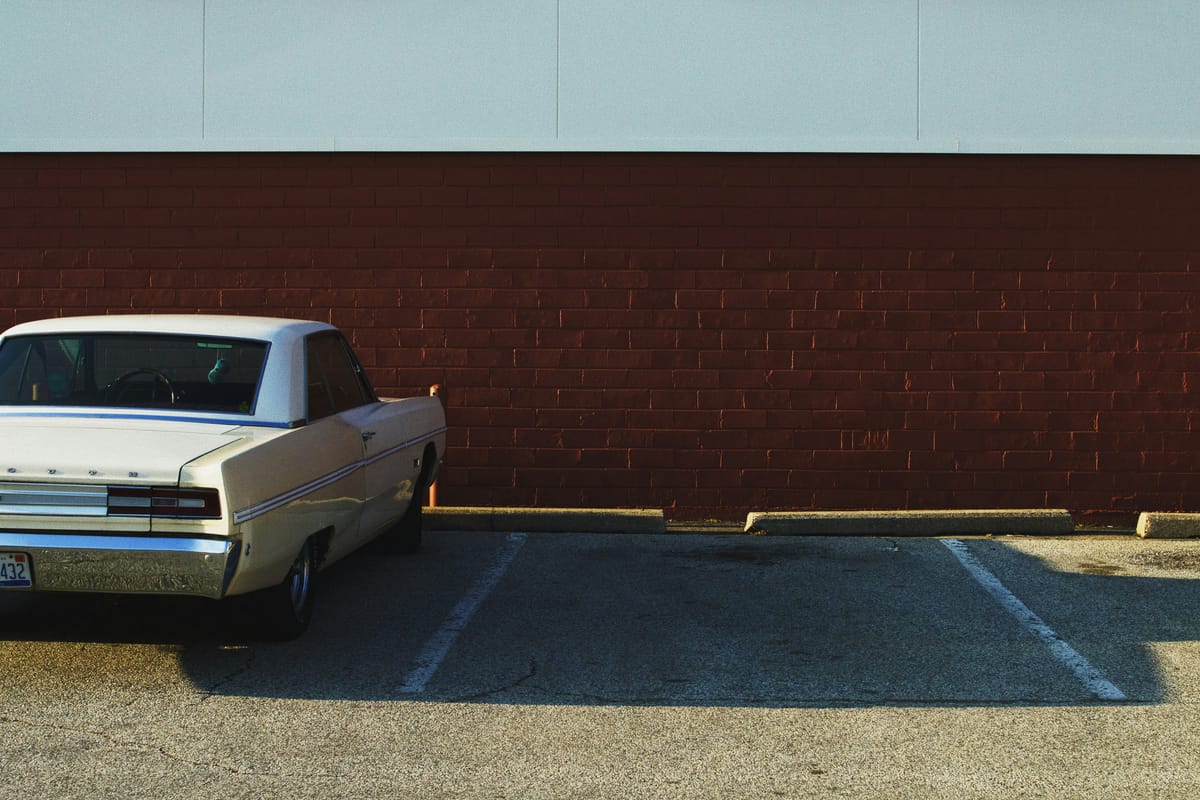Asheville Slander Case Against ParkMobile Moves Forward

Unusual Lawsuit in North Carolina
ASHEVILLE, N.C. — A slander case filed by the City of Asheville against a national parking app has advanced after North Carolina’s Court of Appeals declined to block the lawsuit. The dispute centers on claims that ParkMobile, which operates in hundreds of U.S. cities, knowingly misrepresented Asheville’s connection to private parking lots.
The case stands out because slander suits are almost always brought by individuals. Here, the alleged victim is not a city official but the municipality itself.
Claims of False Statements
Asheville filed its lawsuit in May 2024, accusing ParkMobile of deceptive representation under state law and of slander. The city argued that ParkMobile repeatedly suggested that certain private lots were affiliated with the city.
“These misrepresentations misled parking customers within Asheville, damaged the City’s reputation, and drained City staff time and resources, among other special damages,” Assistant City Attorney filings stated on Aug. 15.
The suit seeks damages under claims of slander “per se” and “per quod.” The first applies when a false statement is harmful on its face, while the second covers cases where the damage arises only when combined with other facts.
Judge Allows Slander Claims
Superior Court Judge Alan Thornburg dismissed the deceptive representation claim in January but allowed the slander claims to continue. ParkMobile appealed, arguing the city cannot legally sue for slander.
The company pointed to long-standing rulings that governments cannot be defamed. Its lawyers argued in a July 18 filing that the First Amendment protects such statements.
“Courts across the United States have repeatedly explained that ‘utterances or publications against the government must be considered absolutely privileged,’” the filing said.
Appeals Court Declines Review
On Sept. 4, a three-judge panel of the North Carolina Court of Appeals dismissed ParkMobile’s appeal without comment. ParkMobile had argued that Thornburg’s ruling deprived it of a substantial right by forcing the company to defend against a claim it said the city had no legal authority to pursue.
The company cited more than a century of precedents, including a 1966 ruling that the Constitution “forbids the spectre of prosecutions for libel on government.” In 1980, an Ohio court held that citizens and companies alike may make statements about government without fear of slander or libel suits.
Next Steps and Wider Impact
ParkMobile may now ask the North Carolina Supreme Court to review the case, though the court is not required to hear it. If not, the matter will proceed toward trial, where a judge or jury will decide whether the company’s statements harmed Asheville’s reputation.
The outcome could affect how other cities approach similar disputes. Legal observers note that the case tests the boundaries between defamation law and constitutional protections for speech about government.
